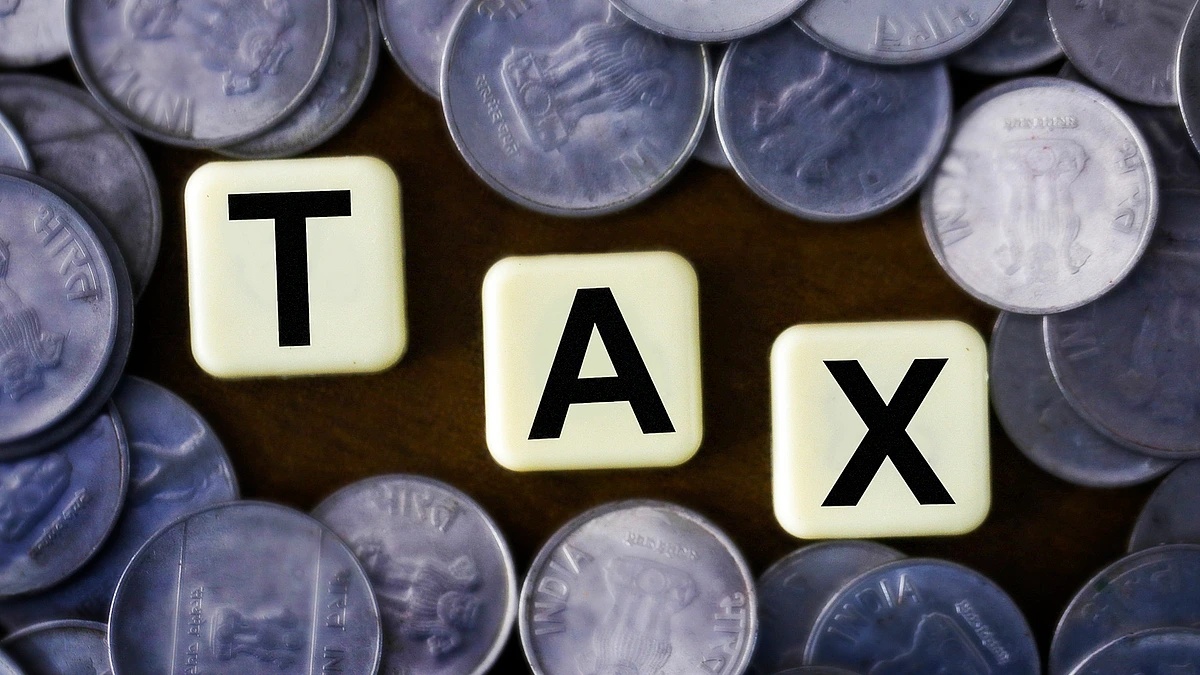
Government Aligns Tax Advantages for Unified Pension Scheme with NPS
The Central Government has recently announced significant changes to pension benefits for government employees, ensuring parity between the National Pension System (NPS) and the Unified Pension Scheme (UPS). This move aims to provide substantial tax relief to employees who have opted for or will transition to the UPS. Under this decision, individuals enrolled in the UPS will now enjoy the same tax benefits as NPS subscribers, regardless of whether they are operating under the old or new tax regime. This adjustment ensures that employees transitioning to the UPS are not disadvantaged financially and can benefit from the same investment options and tax deductions as their NPS counterparts. The initiative reflects the government’s effort to streamline pension benefits and offer a more flexible yet secure retirement income option for its workforce.
Understanding the Old Pension Scheme (OPS)
Before the introduction of the NPS, government employees were covered under the Old Pension Scheme (OPS). This scheme provided a guaranteed pension based on an employee’s last basic salary and years of service, with regular revisions to dearness allowance to counter inflation. However, to qualify for pension benefits, employees needed a minimum of ten years of service. Unlike the NPS, the OPS did not require employee contributions, offering a fixed pension amount with no market-linked returns. While the OPS ensured financial stability for retirees, it placed a significant burden on the exchequer due to its long-term liabilities. The scheme also lacked features like lump sum payments at retirement, making it less attractive for younger employees seeking more investment flexibility.
The National Pension System (NPS) Explained
The National Pension System (NPS) was introduced to provide a more market-driven approach to retirement savings, offering better returns compared to the traditional OPS. Under the NPS, employees can invest in diversified pension funds managed by professional trustees, with contributions split between the government and the individual. The system allows for tax deductions under various sections of the Income Tax Act, including Sections 80CCD(1), 80CCD(1B), and 80C. Employees can withdraw a portion of their corpus after three years, and upon reaching 60 years of age, they can access 60% of their accumulated funds as a lump sum, with the remaining 40% used to purchase annuities. The NPS has been extended to all Indian citizens since 2009, making it a widely accessible retirement savings option.
Comparing Tax Benefits Between NPS and UPS
The recent alignment of tax benefits between the NPS and UPS ensures that employees transitioning to the UPS will enjoy the same deductions and exemptions as NPS subscribers. This includes tax-free withdrawals under certain conditions and the ability to claim deductions for both employee and employer contributions. However, the UPS introduces a hybrid model, combining the security of the OPS with the investment flexibility of the NPS. Employees under the UPS will receive a guaranteed pension of 50% of their last drawn salary after 25 years of service, with additional benefits for those with at least 10 years of service. The government’s decision to extend NPS tax benefits to the UPS underscores its commitment to offering a balanced pension framework that caters to diverse employee needs and financial goals.
Implications for Government Employees and Future Outlook
The extension of NPS tax benefits to the UPS is a strategic move that addresses the evolving needs of government employees. By integrating the security of the OPS with the investment opportunities of the NPS, the UPS offers a more adaptable retirement solution. Employees with shorter tenures may prefer the UPS for its flexibility, while those nearing retirement might lean towards the OPS for its guaranteed income. The government’s initiative also aims to reduce the financial burden on public finances by transitioning to a more sustainable pension model. As the workforce ages, this adjustment ensures that employees can plan for retirement with greater confidence, balancing security and growth. The future of pension reforms will likely depend on how effectively these schemes meet the diverse needs of employees while maintaining fiscal responsibility.




